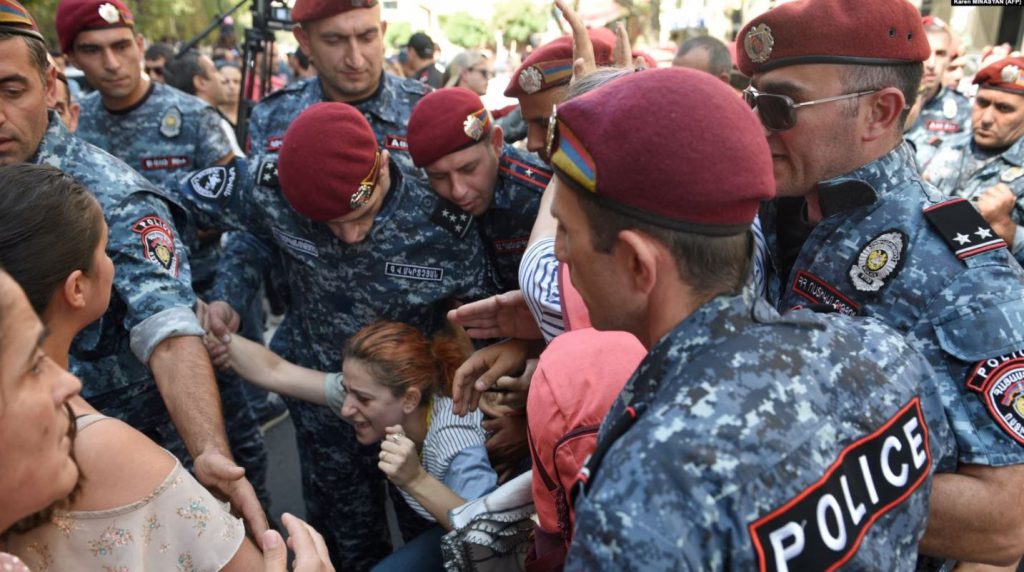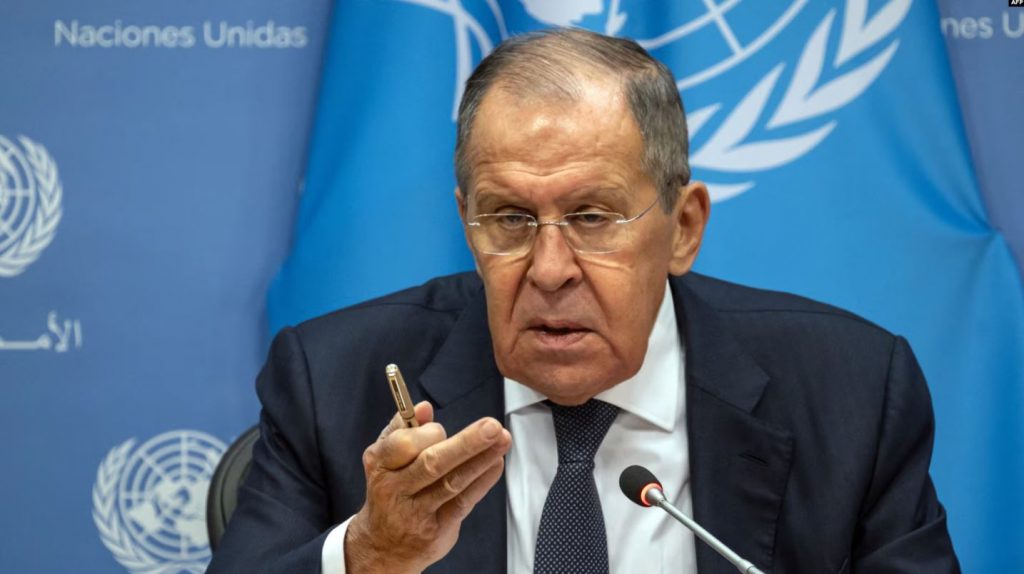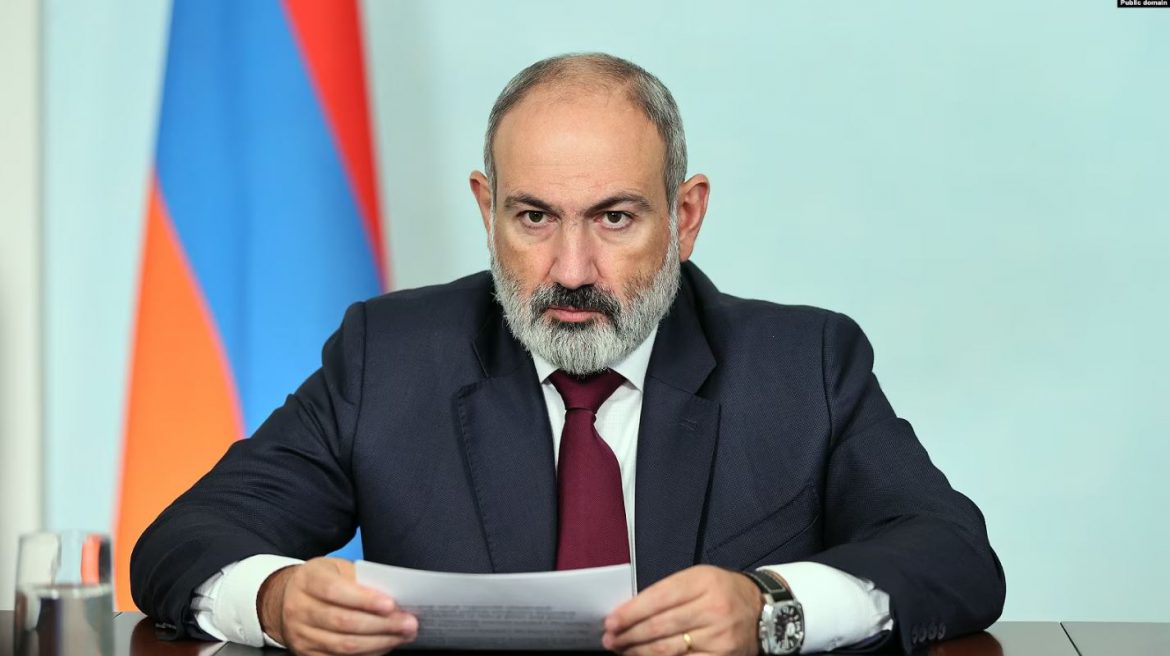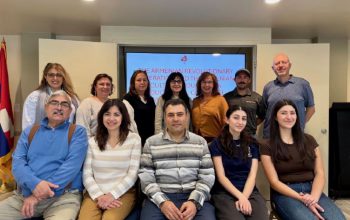Tensions between Russia and Armenia rose further on Sunday, with Prime Minister Nikol Pashinyan blaming Moscow for an increasingly likely exodus of Artsakh’s (Nagorno-Karabakh’s) population and effectively accusing it of fomenting ongoing anti-government protests in Yerevan.
Pashinyan said Azerbaijan attacked Karabakh on September 19 and left its ethnic Armenian residents “facing the danger of ethnic cleansing” contrary to the 2020 ceasefire agreement that led to the deployment of Russian peacekeepers in Karabakh. He spoke of a growing risk of the Karabakh Armenians deciding to flee to Armenia en masse.
“Azerbaijan, which has adopted the policy of ethnic cleansing, and the peacekeeping troops of the Russian Federation in Nagorno-Karabakh would bear full responsibility for such a course of events,” he said in yet another televised address to the nation.
Pashinyan went on to charge that Russia has not only failed to protect Armenia and Karabakh’s population but is now trying to end his country’s independence.
“Some of our partners are making more and more efforts to expose our security vulnerabilities, now putting not only our external but also internal security and stability at risk, violating the ethics of diplomatic, interstate relations in the process,” he said.
The Armenian premier thus appeared to link Moscow to daily street protests sparked by the Azerbaijani offensive and its severe humanitarian consequences. Opposition groups leading the protests say that he paved the way for the assault with what they see as reckless policies. Pashinyan’s latest speech was aired just hours before the next major opposition rally in Yerevan’s central Republic Square.

Pashinyan also stated on Sunday that his administration will have to “transform” Armenia’s foreign policy and national security strategy, traditionally oriented towards Russia, because it is “not effective.” He stopped short of announcing the country’s impending exit from the Collective Security Treaty Organization or other Russian-led blocs. He said Yerevan will continue to reform the Armenian army and seek to formalize Armenian-Azerbaijani understandings brokered by the European Union.
Those understandings reached during Armenian-Azerbaijani summits held in October 2022 and May 2023 commit Baku and Yerevan to recognizing each other’s territorial integrity. They also mean Armenian recognition of Azerbaijani sovereignty over Karabakh.
Russian Foreign Minister Sergei Lavrov said on Saturday that Pashinyan’s deal with Azerbaijani President Ilham Aliyev is at odds with Russia’s original intention to indefinitely delay agreement on Karabakh’s status and thus keep the region beyond Baku’s control. There was nothing Moscow could do after Pashinyan recognized Karabakh as part of Azerbaijan, he told reporters at the United Nations headquarters in New York.
Lavrov also accused Pashinyan’s government of helping Western-funded non-governmental organizations fan anti-Russia sentiment in Armenia.

“We have a strong belief that the Armenian people remember our common history and link their history with Russia and other friendly countries,” added Lavrov.
Russian-Armenian relations already worsened significantly in the run-up to the Azerbaijani offensive in Karabakh. Pashinyan declared that Armenia’s long-standing reliance on Russia has proved a “strategic mistake.” The Russian Foreign Ministry summoned Armenia’s ambassador on September 8 to protest against this and other “unfriendly steps” taken by Yerevan against Moscow.
The ministry also listed the Armenian government’s decision to host a joint U.S.-Armenian military exercise, a visit to Ukraine by Pashinyan’s wife and the Armenian parliament’s anticipated ratification of the founding treaty of an international court that issued an arrest warrant for Russian President Vladimir Putin early this year.
Source: Azatutyun.am




